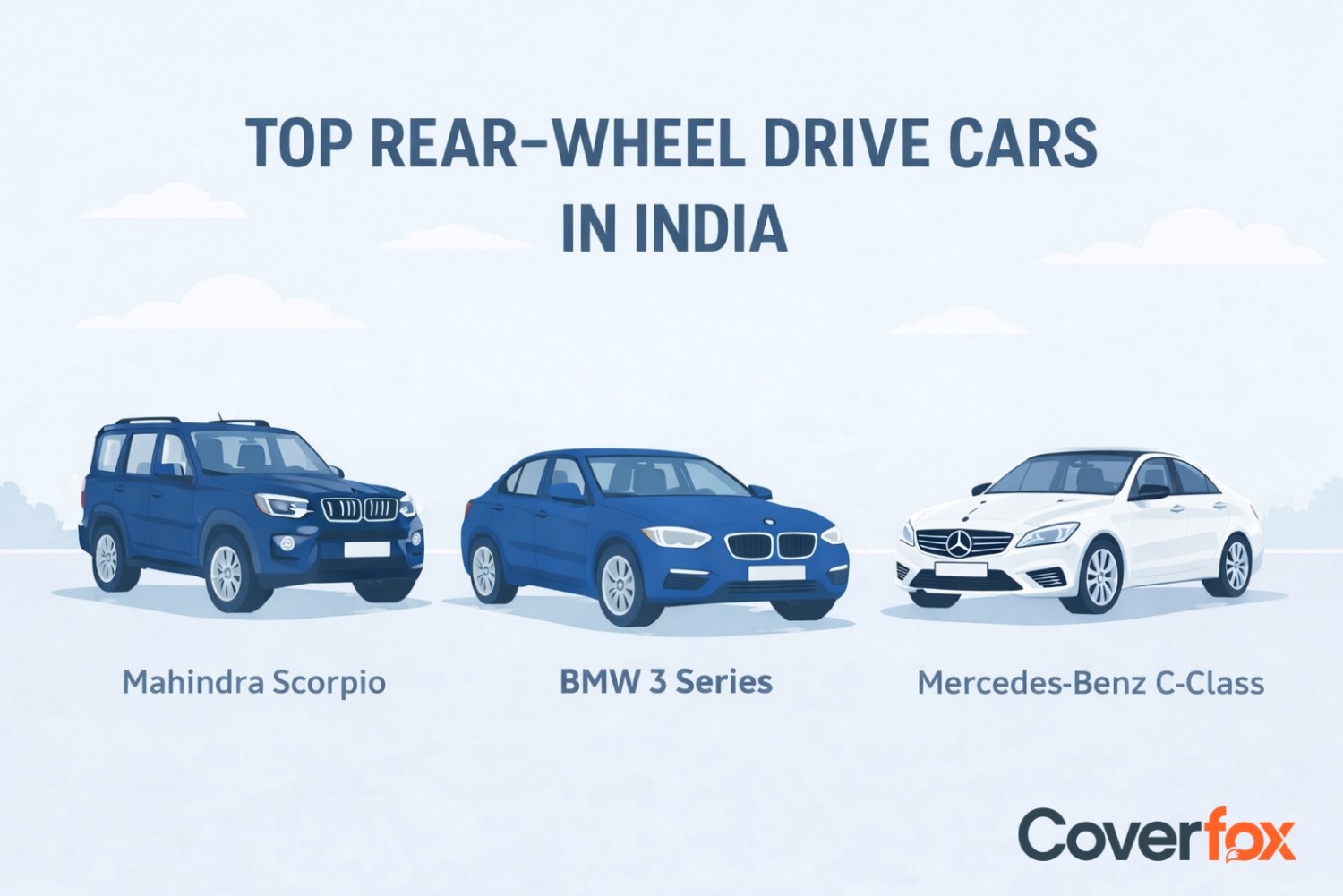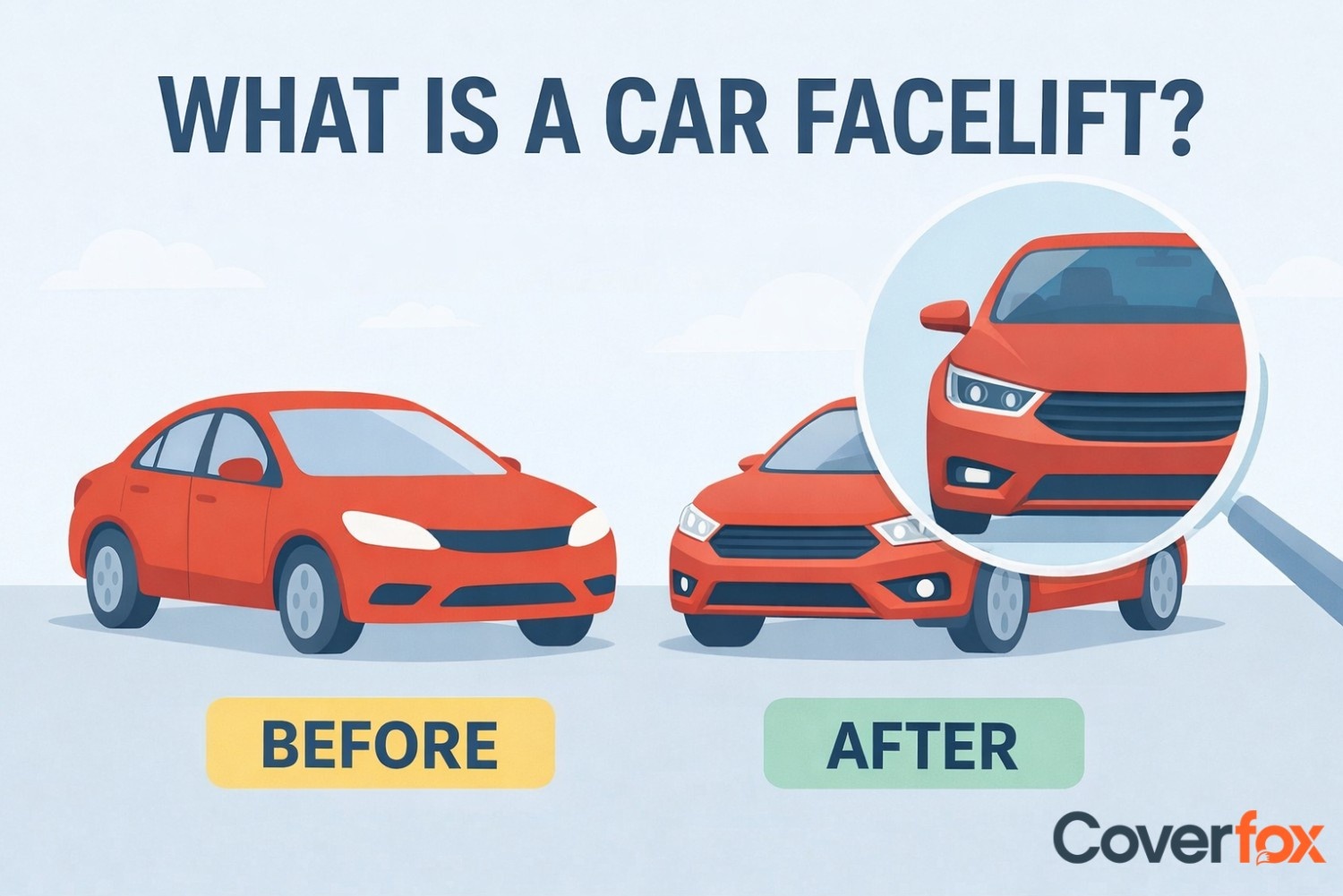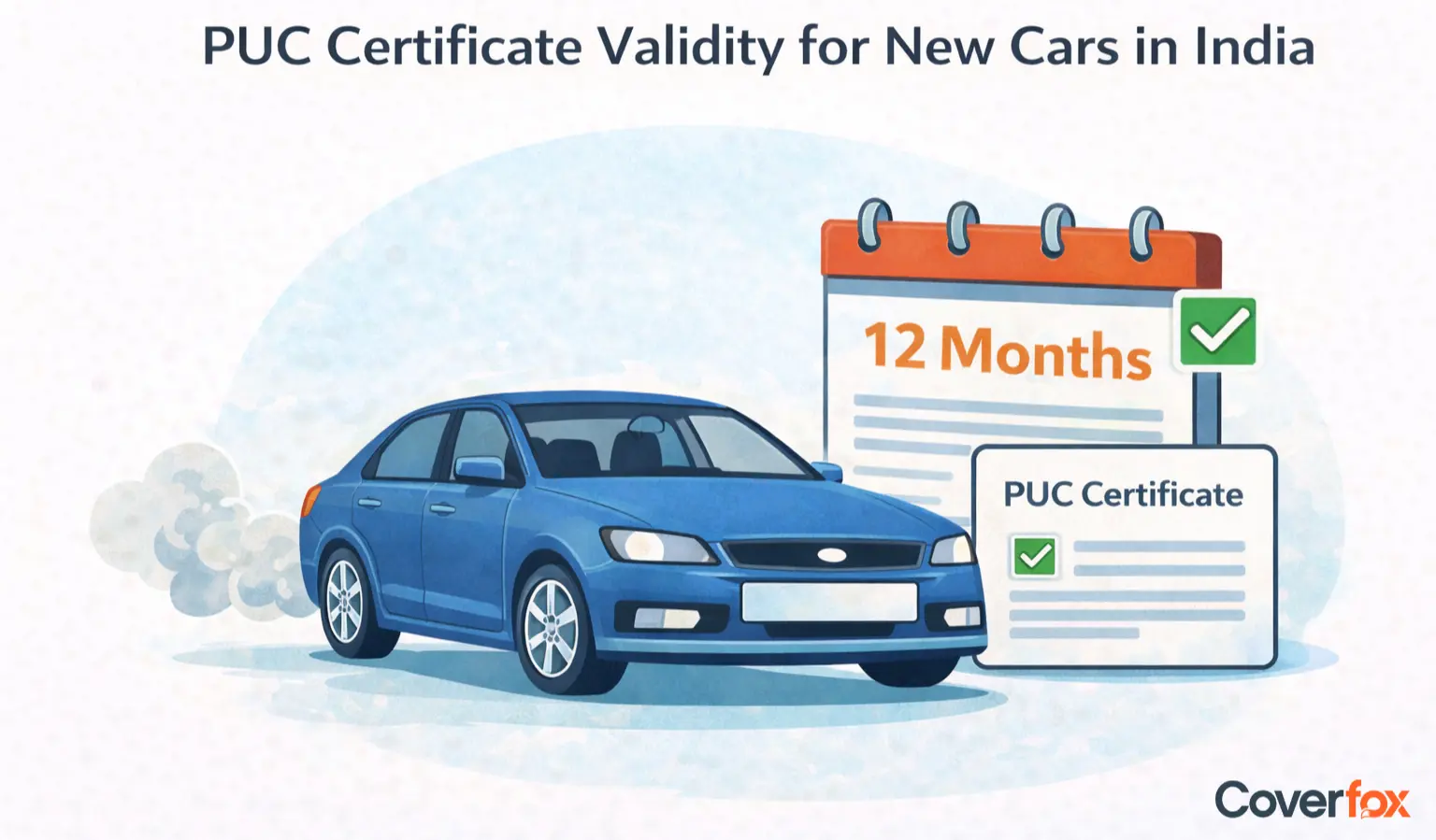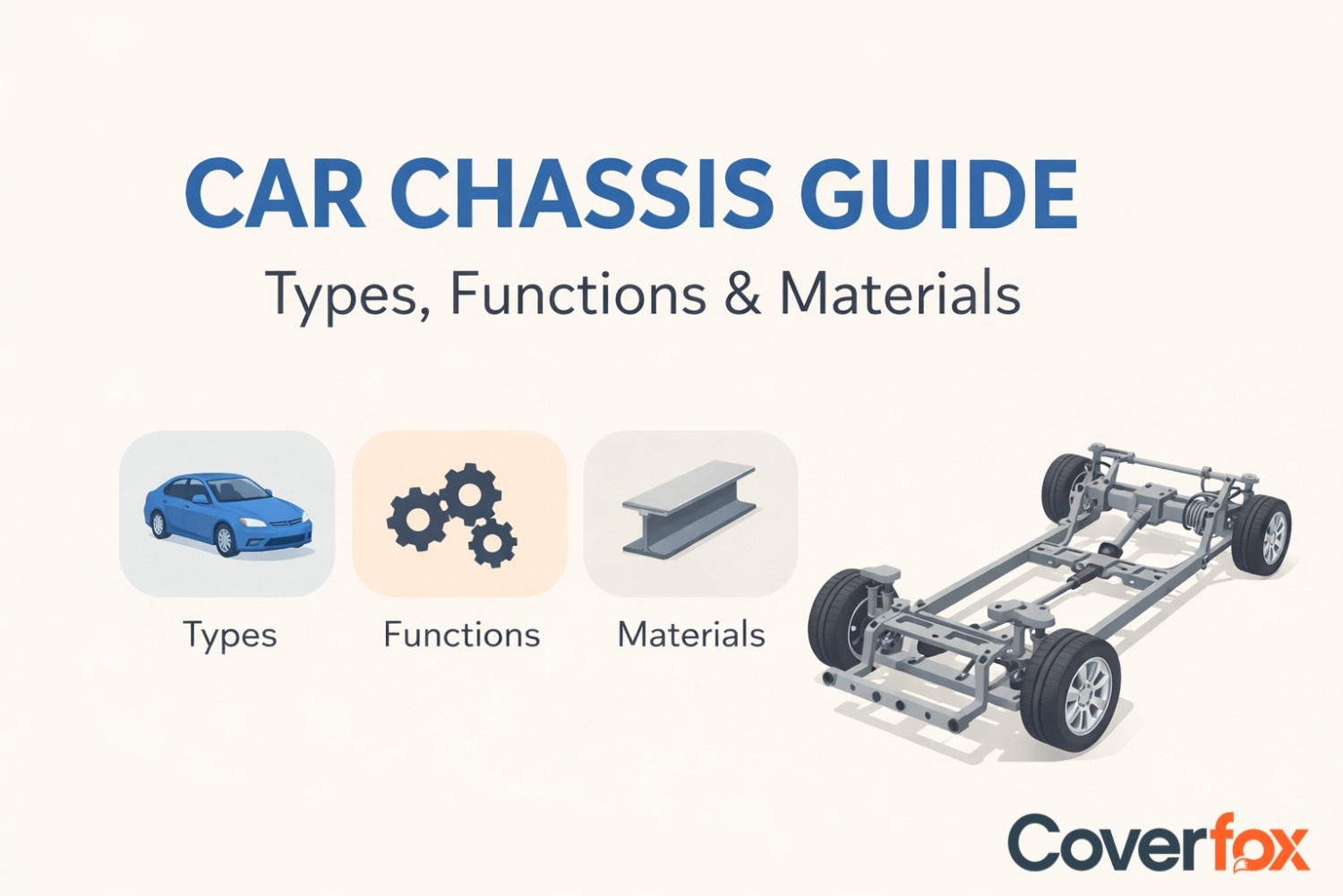As we are heading towards the future, getting conscious about the environment has become a necessity. The government and scientists are innovating different ways to reduce pollutant emissions in different sectors. One such innovation is Hydrogen Fuel Cell.

It is gaining quite some popularity and creating buzz around the world with countries like Japan, South Korea and Germany already establishing infrastructure that includes hydro-fuelling stations and hydrogen powered buses. India is not lacking behind, the Indian government has launched the National Green Hydrogen Mission, aiming to produce 5 million metric tons of green hydrogen annually by 2030 and Tata Motors are already on their way on hydrogen truck trials and have collaborated with Reliance for hydrogen buses.
What are Hydrogen Fuel Cell Vehicles or a Fuel Cell Electric Vehicle?
A Hydrogen Fuel Cell Vehicle (HFCV) or a Fuel Cell Electric Vehicle (FCEV) is a vehicle that usually uses hydrogen gas in an electric motor with a fuel cell to generate power. HFCVs and FCEVs are the same type of vehicle that do not have the traditional batteries to store electricity like EVs, instead they generate electricity on demand using hydrogen. Instead of charging the batteries like in EVs, it requires refuelling like a traditional petrol/diesel car but refuels with Hydrogen gas in the tank. They also have a battery to store electricity generated from the hydrogen gas and is used when higher demand of power is required. It is an excellent alternative and a sustainable choice to traditional cars as it emits only water vapour with heat.
Lets understand how do they work:
- Hydrogen is stored in high-pressure tanks in the vehicle.
- The fuel cell combines hydrogen (H₂) with oxygen (O₂) from the air.
- This chemical reaction generates electricity, which powers an electric motor.
- The only emission is water vapour and heat.
Significance of Hydrogen Power Cars
With the alarming increase in global warming and other environmental hazards, it is important to understand and switch to sustainable choices. One such sustainable choice is hydrogen powered vehicles. Here is why:
Zero Emissions
Hydrogen cars and vehicles do not emit any pollutants, no CO2. Instead they emit water vapour and heat, doing minimal damage to the environment.
Energy Independence
Unlike fossil fuels, Hydrogen is found abundantly and is also a renewable source of energy (Using solar panels, wind turbines and hydroplants).
Fast Refuelling
EVs can take hours to re-charge up. Meanwhile HFCVs take only 3-5 minutes to fuel up just like any petrol or diesel cars.
Long Range
With some hydrogen vehicles having ranges of 500-700km at full capacity, it is ideal for long rides.
Heavy-Duty Potential
As of now, Hydrogen vehicles are taking over heavy duty vehicles like buses, trains and trucks because of its long range limit and electric powertrain.
Why is Hydrogen Used for Hydrogen Fuel Electric Vehicles?
Hydrogen is a superior fuel source for EVs because:
- Hydrogen has more energy per kg than any other fuel (3x energy than petrol) making it ideal for long range rides.
- Hydrogen is abundant in nature and is a renewable source of energy
- Hydrogen gas can be stored in a pressurized tank; making refueling easier and no need for long charging of batteries
- It also has zero emissions, making it environmentally friendly (It emits only water vapour and heat)
Advantages and Disadvantages of Hydrogen Fuel Cell Vehicles
While sustainability sounds like a good, responsible choice, it comes at a high price. Here are a few advantages and disadvantages of Hydrogen Fuel Cell vehicles:
| Advantages | Disadvantages |
|---|---|
| Zero emissions, only water vapour and heat | High cost due to expensive technology and production |
| Fast refuelling like petrol and diesel cars | Limited refuelling infrastructure |
| Long driving range, typically 500–700 km | Maintenance requires specialised service |
| Quiet and smooth operation | Storage challenges, hydrogen is flammable and needs high-pressure tanks |
| High energy density, more energy per kg than petrol | Limited vehicle options available |
Hydrogen Cars vs Electric Cars
While Electric cars are in the market for quite some time, hydrogen cars are on their way in 2025. Let us understand the key differences between the two with help of this table:
| Feature | Electric Vehicle | Fuel Cell Electric Vehicle (Hydrogen cars) |
|---|---|---|
| Power Source | Rechargeable battery (lithium-ion) | Hydrogen fuel cell (generates electricity) |
| Emissions | Zero tailpipe emissions | Zero tailpipe emissions (only water vapour) |
| Refuelling / Charging Time | 30 mins to several hours (depends on charger) | 3–5 minutes (hydrogen refill) |
| Driving Range | 250–500 km (varies by model) | 500–700 km (typically higher than EVs) |
| Infrastructure Availability | Growing network of charging stations | Limited hydrogen refuelling stations |
| Vehicle Options | Wide variety (hatchbacks to SUVs) | Very few models available |
| Best Use Case | Daily urban use, short-to-mid range travel | Long-distance, heavy-duty vehicles |
Upcoming Hydrogen Cars in India
India is definitely adapting to the new hydrogen fuel cell vehicle bandwagon. With companies like Tata already setting their foots in the market, India will surely start mass-producing these HFCVs by 2025. It is a step towards a green and sustainable future.
Here is a list of cars that are set out to release in this year:
- Toyota Mirai
- Hyundai Nexo
- MG Euniq 7
- BMW iX5 Hydrogen
- Ineos Grenadier Hydrogen FCEV
Indian Commercial Hydrogen Vehicle Initiatives:
- Tata Motors Hydrogen Truck
- Ashok Leyland Hydrogen Trucks (HICE)
- Mahindra Hydrogen Vehicle (TBA)
Final Thoughts
India is moving towards a sustainable future. Hydrogen fuel cells are a great innovation that will help reduce the stress on the environment, while providing a new alternative to EVs. Maybe, Hydrogen cars are the future of next generations of cars. However, one thing will still remain constant, i.e. to have good car insurance for your vehicle. Get insured now and hope for a brighter future!
Frequently Asked Questions
Are hydrogen fuel cell cars safe to drive?
Yes, hydrogen fuel cell cars are engineered with high safety standards, and are safe to drive.
What is the price of a hydrogen fuel car in India?
Currently, hydrogen cars are not available for public sale in India, but pilot models like the Toyota Mirai are estimated to cost around ₹60–₹70 lakh.
Are hydrogen cars better than electric cars?
Yes, They are an upgrade to EVs, however, certain factors do matter as hydrogen cars will be available for the public in the future. (Like availability of infrastructure, price points, etc).
Do hydrogen fuel cells wear out over time?
Yes, like any technology, fuel cells do degrade, but at a slower pace.



 in Car.webp)

